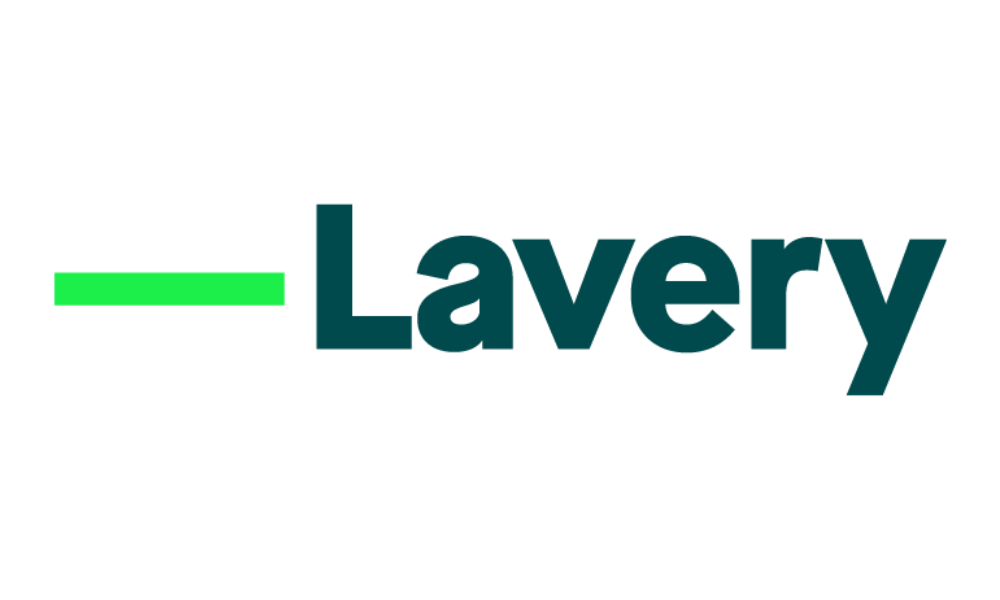Please refrain from sexting while twerking. While it might be hyphy fo’ shizzle, it is both jank and meh. All the italicized words are recent additions to the Oxford English Dictionary, which last June added almost a thousand new terms to our language. While the OED’s policy in the past was to include neologisms only after they were firmly entrenched in our language, additions such as twerk and sext demonstrate that the times they are a changin’.
Perhaps a little translation is in order for less hip readers. Sexting refers to the sending of sexually explicit pictures electronically, and twerking is dancing in a provocative manner by thrusting motions of the gluteus maximus. Hyphy means energetic. Fo’ shizzle comes from the lexicon of hip-hop music and is a variant of “for sure,” whereas jank is a variant of junk and meh means uninspiring or mediocre.
I was surprised to discover that twerk had been added because, as a rule, the OED will usually only add a word if it has enjoyed popular use for at least 10 years, and I associate the word with Miley Cyrus’s gyrating motions at the 2013 MTV awards show. It seemed to me that use of the term had abated dramatically by 2014. In fact, the OED discovered that folks have been twerking for the better part of two centuries, but not necessarily in the lascivious Cyrus mode. In 1820, the word – which is a blend of twist, twitch and jerk – was first used as a noun to refer to a twisting motion, and by 1850 the verb form of the word had emerged.
Twenty years ago it seemed unfathomable that we would soon be changing the definition of marriage to include same-sex couples, and the OED reflects this revolution in our thinking about personal identity and social classification. For example, the OED made me aware of my sexual orientation: cisgender. It is defined as “designating someone whose sense of personal identity corresponds to the sex and gender assigned to him at birth.” The prefix cis- means “on the side of” and the term cisgender contrasts with transgender. Racial conceptions have similarly evolved. The term intersectionality originated in mathematical formulations in the 1960s, but by 1989 it had been used to describe the “interconnected nature of social categorizations such as race, class … regarded as creating overlapping and independent systems of discrimination and disadvantage.”
In my July/August column, I pointed out that many familiar Canadianisms are finally getting recognition in the OED. This process was continued in the recent dictionary additions. Depanneur (convenience store), inukshuk (a structure of rough stone used by Inuit hunters as a landmark), mangia-cake (a term used by Italians for non-Italians), double double (a cup of coffee with a double serving of both cream and sugar). Resto-bar (combined restaurant and bar) was also added and, although the term is not exclusive to Canada, the OED’ss first citation comes from the Montreal Gazette in 1992.
It would also appear that acronyms and initials are flourishing, given some of the new OED additions. I was familiar with POTUS (President of the United States) and SCOTUS (Supreme Court), but FLOTUS (First Lady) was a new one for me, as was FOMO (fear of missing out) and SCBU (Special Care Baby Unit), a designation used primarily in Great Britain.
The OED additions also highlight how quickly words can acquire new meanings and then proliferate. A good example is the word “guerilla,” which traditionally only designated a paramilitary combatant. The OED explains that, since the end of the 20th century, it often is used to include “activities conducted in an irregular, unorthodox, and spontaneous way, without regard to established conventions, rules and formalities.”
So in this category we find guerilla art, guerilla gardening, guerilla knitting, guerilla marketing and guerilla theatre, to name but a few of the guerilla flavours. Amazingly, there is a citation for “guerilla advertising” in 1888. Some futuristic soul thought of this structure 80 years before anybody else thought to extend the guerilla metaphor. Also, new meanings have been added to these words: to kill (to do something impressively); lipstick (the treble twenty on a dartboard); chatter (electronic communication that is monitored by intelligence agencies to combat terrorism); and double-dip (a term that references two periods of economic decline).
An economic diet is included in the new entries. I refer to “freegan,” which is defined as the “practice of eating discarded food typically collected from the refuse of shops or restaurants for ethical or ecological reasons.” My favourite new diet word was added to the OED in June 2014. That would be “flexitarian,” defined as “a person who follows a primary but not strictly vegetarian diet.” I prefer to define it as a vegetarian who once a year cheats and enjoys a smoked meat sandwich at Schwartz’s.
Howard Richler’s book Word Play: Arranged & Deranged Wit will be published in March 2016.
Perhaps a little translation is in order for less hip readers. Sexting refers to the sending of sexually explicit pictures electronically, and twerking is dancing in a provocative manner by thrusting motions of the gluteus maximus. Hyphy means energetic. Fo’ shizzle comes from the lexicon of hip-hop music and is a variant of “for sure,” whereas jank is a variant of junk and meh means uninspiring or mediocre.
I was surprised to discover that twerk had been added because, as a rule, the OED will usually only add a word if it has enjoyed popular use for at least 10 years, and I associate the word with Miley Cyrus’s gyrating motions at the 2013 MTV awards show. It seemed to me that use of the term had abated dramatically by 2014. In fact, the OED discovered that folks have been twerking for the better part of two centuries, but not necessarily in the lascivious Cyrus mode. In 1820, the word – which is a blend of twist, twitch and jerk – was first used as a noun to refer to a twisting motion, and by 1850 the verb form of the word had emerged.
Twenty years ago it seemed unfathomable that we would soon be changing the definition of marriage to include same-sex couples, and the OED reflects this revolution in our thinking about personal identity and social classification. For example, the OED made me aware of my sexual orientation: cisgender. It is defined as “designating someone whose sense of personal identity corresponds to the sex and gender assigned to him at birth.” The prefix cis- means “on the side of” and the term cisgender contrasts with transgender. Racial conceptions have similarly evolved. The term intersectionality originated in mathematical formulations in the 1960s, but by 1989 it had been used to describe the “interconnected nature of social categorizations such as race, class … regarded as creating overlapping and independent systems of discrimination and disadvantage.”
In my July/August column, I pointed out that many familiar Canadianisms are finally getting recognition in the OED. This process was continued in the recent dictionary additions. Depanneur (convenience store), inukshuk (a structure of rough stone used by Inuit hunters as a landmark), mangia-cake (a term used by Italians for non-Italians), double double (a cup of coffee with a double serving of both cream and sugar). Resto-bar (combined restaurant and bar) was also added and, although the term is not exclusive to Canada, the OED’ss first citation comes from the Montreal Gazette in 1992.
It would also appear that acronyms and initials are flourishing, given some of the new OED additions. I was familiar with POTUS (President of the United States) and SCOTUS (Supreme Court), but FLOTUS (First Lady) was a new one for me, as was FOMO (fear of missing out) and SCBU (Special Care Baby Unit), a designation used primarily in Great Britain.
The OED additions also highlight how quickly words can acquire new meanings and then proliferate. A good example is the word “guerilla,” which traditionally only designated a paramilitary combatant. The OED explains that, since the end of the 20th century, it often is used to include “activities conducted in an irregular, unorthodox, and spontaneous way, without regard to established conventions, rules and formalities.”
So in this category we find guerilla art, guerilla gardening, guerilla knitting, guerilla marketing and guerilla theatre, to name but a few of the guerilla flavours. Amazingly, there is a citation for “guerilla advertising” in 1888. Some futuristic soul thought of this structure 80 years before anybody else thought to extend the guerilla metaphor. Also, new meanings have been added to these words: to kill (to do something impressively); lipstick (the treble twenty on a dartboard); chatter (electronic communication that is monitored by intelligence agencies to combat terrorism); and double-dip (a term that references two periods of economic decline).
An economic diet is included in the new entries. I refer to “freegan,” which is defined as the “practice of eating discarded food typically collected from the refuse of shops or restaurants for ethical or ecological reasons.” My favourite new diet word was added to the OED in June 2014. That would be “flexitarian,” defined as “a person who follows a primary but not strictly vegetarian diet.” I prefer to define it as a vegetarian who once a year cheats and enjoys a smoked meat sandwich at Schwartz’s.
Howard Richler’s book Word Play: Arranged & Deranged Wit will be published in March 2016.





